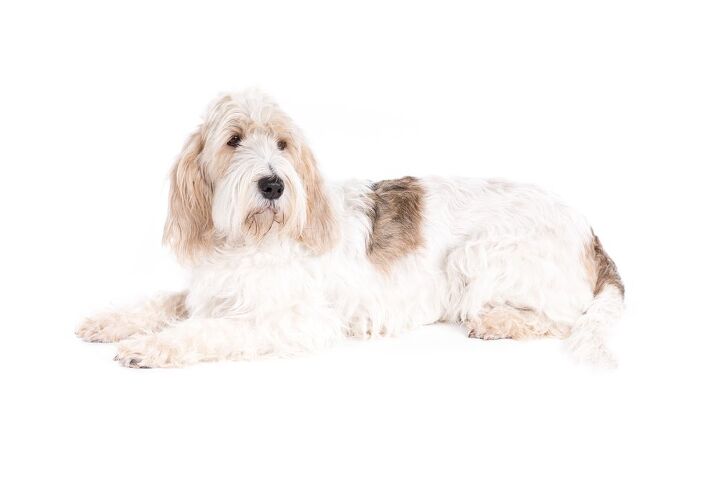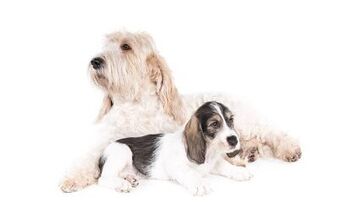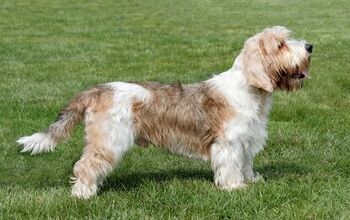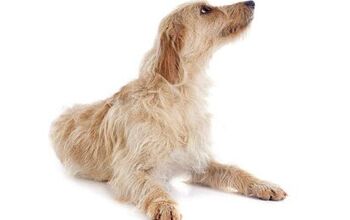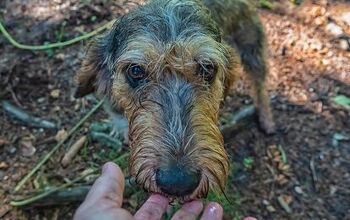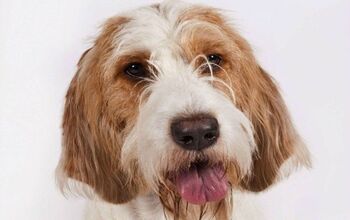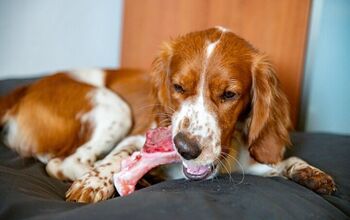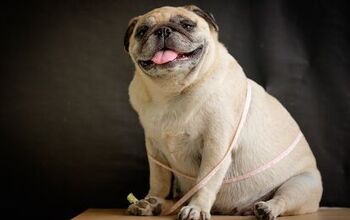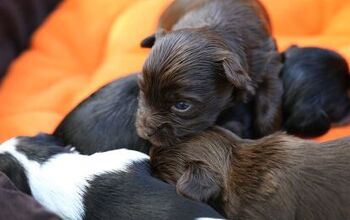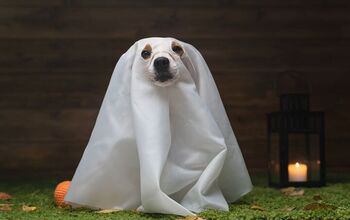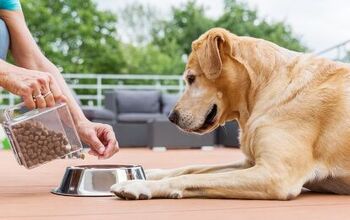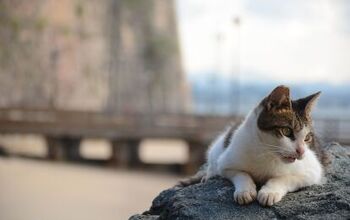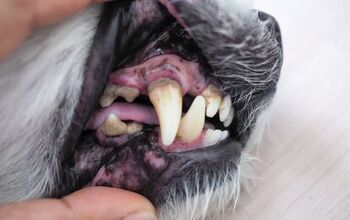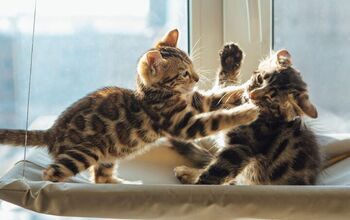Grand Griffon Vendeen


About Grand Griffon Vendeen
One of several French breeds that hail from the Vendee region of France, the Grand Griffon Vendeen is one of the largest Vendee breeds. This breed is known for its friendly and outgoing nature as well as its superb hunting skills. Though the Grand Griffon Vendeen is a social breed, he is also very independent and energetic so it is a breed best for experienced dog owners.
The Grand Griffon Vendeen is known for its friendly and outgoing nature as well as its superb hunting skills.
The Grand Griffon Vendeen is one of several Vendeen griffons to be bred, though all of the other breeds are smaller. The origins of the Grand Griffon Vendeen can be traced back to the 16th century in France when it was developed as a hunting breed for large game like wild boar, deer, and fox. This breed is descended from the Canis Segusius, a griffon-type dog used by the Gauls, with influence from the King’s whites as well as the Griffon Fauve de Bretagne. The other griffon breeds include the Petite Basset Griffon Vendeen, the Basset Fauve de Bretagne, the Griffon Nivernais, and the Griffon Bleu de Gascogne.
One of several Vendeen breeds, the Grand Griffon Vendeen is the largest of the French griffon-type dogs. These dogs are descended from ancient griffon-type dogs and they are distinguished by their size as well as their long hair.
The Grand Griffon Vendeen has a tendency to develop independent and stubborn ways.
As a fairly large dog breed, the Grand Griffon Vendeen should be fed a high-quality commercial dog food diet formulated for dogs of its size. In addition to being large in size, the Grand Griffon Vendeen is also a fairly active breed. If you train your dog for hunting, or if a traditional kibble isn’t enough to meet his high energy needs, consider switching to an active or working breed formula.
The Grand Griffon Vendeen has a tendency to develop independent and stubborn ways, so early socialization and training is incredibly important. In order for this dog to respond to training you need to be firm and consistent, providing a strong hand in leadership. Positive reinforcement-type training methods are generally recommended for this breed. This breed does particularly well when trained for hunting or to perform certain tasks – it helps to give them mental stimulation as well as exercise which will help to prevent the development of problem behaviors and destructive tendencies.
As the largest of the Vendee breeds, the Grand Griffon Vendeen stands between 23 ½ and 26 ½ inches tall and its weight is proportionate to its height.
The Grand Griffon Vendeen is a friendly and outgoing breed, but it does have a bit of an independent streak. These dogs are generally good natured and they can get along with children but their high needs for energy and their stubbornness does not make them a good choice for inexperienced dog owners.
The Grand Griffon Vendeen is generally considered to be a healthy and hardy breed. Still, all dogs are susceptible to certain health problems and this breed is no different. Some Grand Griffon Vendeens have a history of epilepsy and dogs of this size are prone to developing certain musculoskeletal issues like hip dysplasia or elbow dysplasia.
The average life expectancy for the Grand Griffon Vendeen is between 12 and 14 years which is on par with other breeds of its size.
As a hunting breed, the Grand Griffon Vendeen is a very active and energetic breed. These dogs require at least 1 hour of moderate to vigorous exercise on a daily basis and they do particularly well when trained for hunting or other dog sports. In addition to physical exercise, these dogs also need plenty of mental stimulation to prevent the development of problem behaviors.
The Grand Griffon Vendeen is generally considered to be a healthy and hardy breed.
The Grand Griffon Vendeen is technically a scenthound and it is not currently accepted by the AKC. It is, however, recognized by the American Canine Association (ACA), the Dog Registry of America (DRA), and the North American Purebred Registry (NAPR).
All griffon-type dogs have coarse hair but the Grand Griffon Vendeen’s hair is longer than most Griffon breeds. Even though the coat is fairly long, its texture keeps it from shedding to any extreme degree. Still, regular brushing and grooming is required to keep the coat and skin in good health. Trimming of the coat generally isn’t necessary, though trimming between the toes may help to prevent mats and tangles, especially if the dog is used for hunting. The Grand Griffon Vendeen’s coat comes in a variety of colors including white, black, tan, and fawn – it can be solid colored, bi-colored, or tricolored.
The average litter size for the Grand Griffon Vendeen is between 4 and 8 puppies, though they are capable of having up to 11 puppies at one time. Because this breed has a tendency to develop independent or stubborn ways, it is essential that you start puppies with socialization and training at an early age.
Photo credit: Sanne vd Berg Fotografie/Shutterstock; Wild Carpathians/Shutterstock; Ian Dyball/Shutterstock

Kate Barrington is the loving owner of two cats (Bagel and Munchkin) and a noisy herd of guinea pigs. Having grown up with golden retrievers, Kate has a great deal of experience with dogs but labels herself a lover of all pets. Having received a Bachelor's degree in English, Kate has combined her love for pets and her passion for writing to create her own freelance writing business, specializing in the pet niche.
More by Kate Barrington



